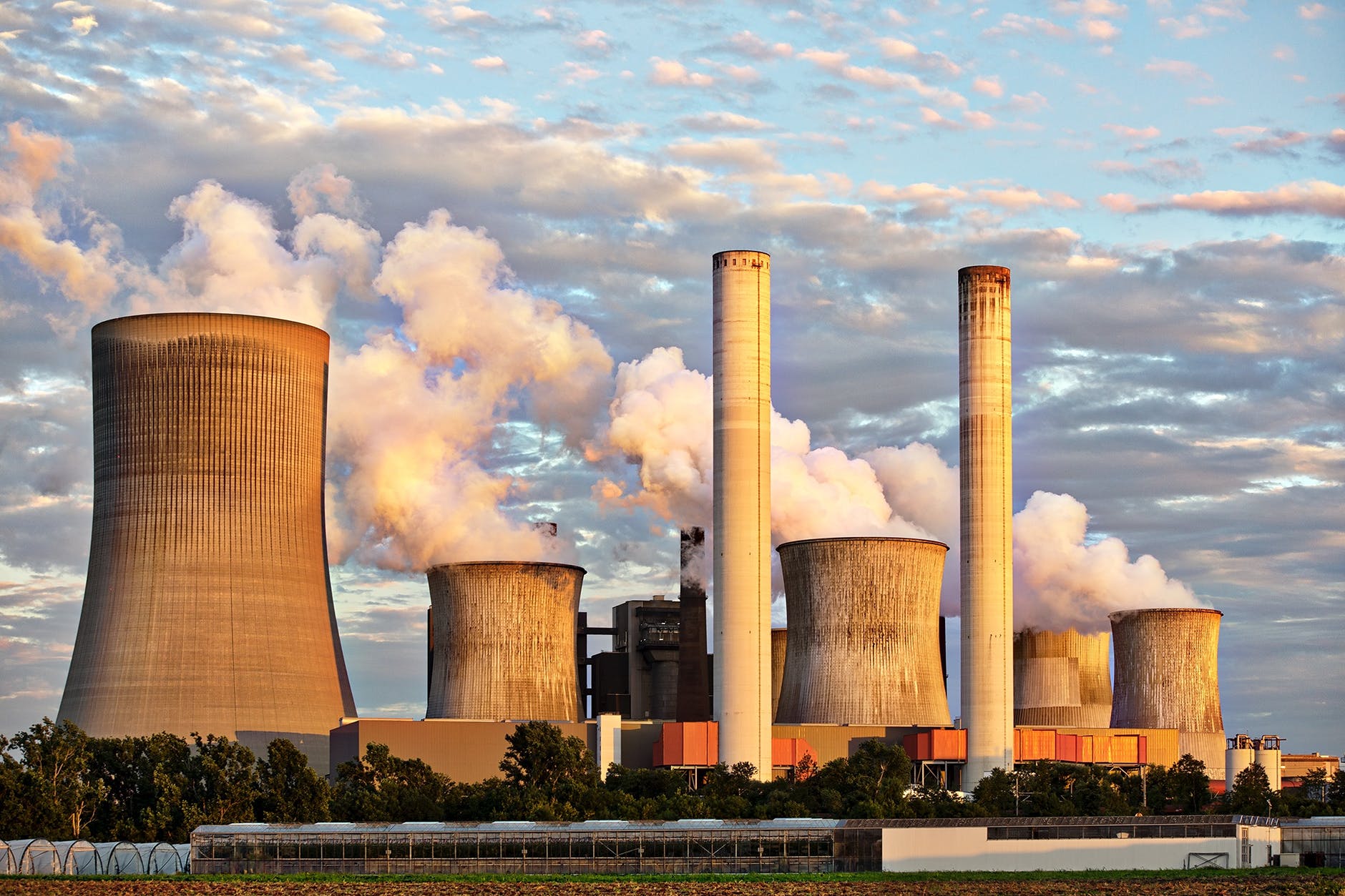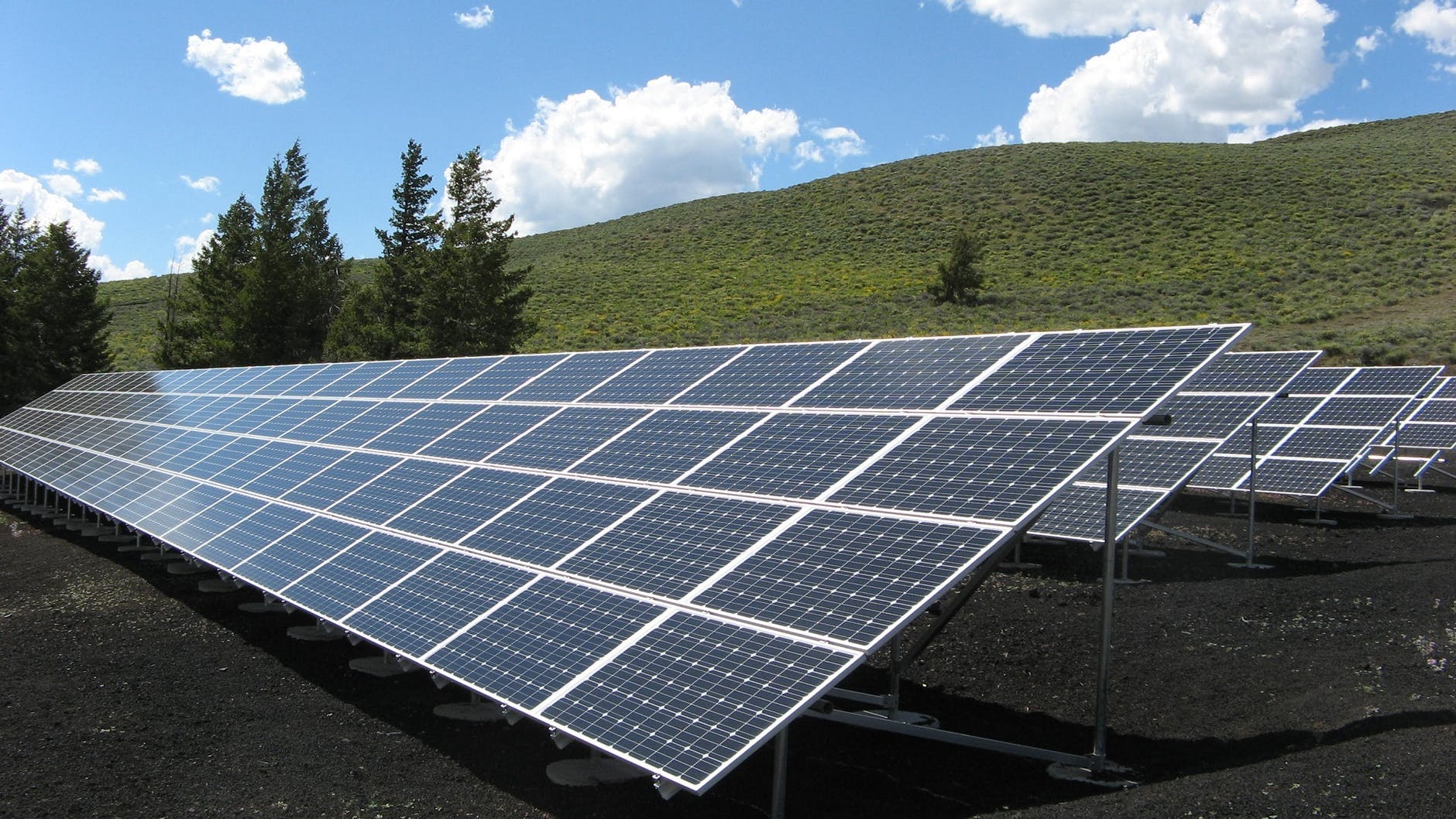As the human population has increased, there has also been a marked increase in industrial progress and technological knowledge. These increases mean a great amount of waste created and a much larger impact on the environment. Essentially, there are two seemingly polarized arguments on this issue: environmental optimists and environmental pessimists. Though it seems the two ideas must be mutually exclusive, in recent years we are seeing developments that might make it possible for us to halt or reverse the depletion of the Earth caused by humans. The key to taking advantage of these new developments, is it educate and involve as many people as possible.

Humans regarding environmental issues
Based on the lack of action-inducing interest among humans regarding environmental issues, environmental pessimists believe humans have already gone too far and are, additionally, unwilling to even attempt improvement. It is too little too late. However. the optimists argue that changes being made by individuals and corporations – as well as laws being enacted – will allow us to at least cause no further harm to our environment. Pessimists acknowledge the fact that most Americans are aware of environmental changes, yet very few many any effort to improve the situation. Pessimists argue that it might be too late to reverse the damage that has already been done. Environmental optimists believe that more needs to be done to preserve our environment, but that it is possible to fix or, at least, stop the negative impacts.
In his book, The Ecology of Commerce, Paul Hawken argues that it would be impossible for humans not to affect the world around us; just as it is impossible for all living organisms to not impact their environments.. Using examples from various levels of the food chain, Hawken explains why humans necessarily affect the environment around them:
Only life prevents entropy from extending to nature: the intricate, mysterious interaction of organisms that captures sunlight and evolves into higher levels of order and complexity. This state of organization and succession, the opposite of entropy, is called negentropy. The constant transformation of ecosystems by organisms is the subject of ecology …. Plants and organisms do not simply occupy an environment; they alter and re-make it, creating increasingly varied and complex forms of organization.” (Hawken, 2010)
The basis for Hawken’s arguments is rooted in what has already been established scientifically by examining the food chain. Like a game of dominoes, the removal of a single block can send the whole thing tumbling down. Hawken explains that organisms, even at the smallest level have “intricate, mysterious interactions that affect every other organism on Earth. Hawken’s view is such that even a single species lost to extinction is:“The loss of a biological library.” (Hawken, 2010).
Global warming alters Earth’s weather
Another important point here is that, as global warming alters Earth’s weather, there is an additional level of responsibility that should be added to the politicians who feel they have not done enough to curb or arrest environmental changes. By blaming politicians as a group, rather than human beings making political decisions, we project our own guilt and also pass the responsibility for improvement on to those other than ourselves.
As one of the foremost champions of ecological change and responsibility, former Vice President Al Gore has never been considered an environmental pessimist. While big businesses balk at the idea of having to meet new regulations regarding the environment, Gore has continually maintained his view that Earth’s’ environment is still beyond repair:
Our ability to convert sunshine into usable energy has become much cheaper far more rapidly than anyone had predicted. The cost of electricity from photovoltaic, or PV, solar cells is now equal to or less than the cost of electricity from other sources powering electric grids in at least 79 countries. By 2020 – as the scale of deployments grows and the costs continue to decline – more than 80 percent of the world’s people will live in regions where solar will be competitive with electricity from other sources. (Gore, 2014)
Issue of climate change
Like Al Gore, Robert D. Brinsmead’s goal was to educate and mobilize citizens on the issue of climate change. Brinsmead collected a series of short essays touting environmental optimism in 2004, entitled The Case of Environmental Optimism. From many angles, he refutes points made by well-known environmental pessimists. Brinsmead believes that “development and the environment are not inimical as the eco-pessimists would have us believe, but they are complementary and mutually supportive.” (Brinsmead, 2014). Brinsmead argues that blaming big business for damage to the environment is ultimately a waste of time. By beginning with legislative actions, Brinsmead believes, as do many other environmental optimists, that we can confront and the issues facing our environment and the “problems facing society are not only solvable, but in the developed world at least, they are well on the way to being solved.” (Brinsmead (2004). However, he emphasises that we all must take part in this transformation and also be aware of the “direct correlation between a given country’s level of wealth on the one hand, and the investment it makes in the environment on the other.” That is to say, While it is convenient to blame big business for environmental issues and demand that our legislature do something to rectify the situation, it has become clearer and clearer that it takes a village to keep a village clean:
The dominant opinion in the West is that GCC [Global Climate Change] is a fact of life and that we-in actuality, the elected representatives and the associated machinery of governance-should do something about it. Given that weather-induced disasters are at once normal in the sense of the statistical frequency and unpredictability, heat waves, cold spells, hurricanes, tornadoes, and other awesome displays of unruly nature will happen here, there, and everywhere. (Rai & Rai, 2013)
If climate change can be turned around, it must be done with continued measures to protect the environment and limit fossil fuels. The best way to make sure this happens is to be sure that young people become educated and involved regarding climate change. More research is needed regarding the best methods to reach young people, but it is clear that they are generally aware and concerned with the increased rate of global warming, pollution, and other things that negatively affect Earth’s ecosystems and, be extension, its future. Oftentimes,
These studies show that many young people, from middle childhood to late adolescence, experience negative emotions such as worry, sadness, anger, helplessness, and pessimism concerning these problems and the global future [24–33]. How young people cope with the emotions evoked is important to explore, since coping strategies could be even more important than the emotions themselves in influencing environmental engagement and well-being. There is some research on adults about coping strategies in relation to the climate threat. (Ojala, 2013)
Adolescents are aware of the environmental issues faced today, yet – like the adults around the – they are not sure where to begin. According to Ojala’s research, both adult and adolescents are likely to invoke coping strategies in order to relieve stress related to the deteriorating state of Earth’s environment. The adults pass these coping mechanisms on to the young adults and children around them; resulting in an entire society of ostriches with their heads in the sand.
If things continue as they are, Earth will eventually become uninhabitable by humans. But scientific and technological advancements have changed the outlook of many environmental pessimistics in the last few decades. As inhabitants of Earth, it is our job to find ways to stop and/or reverse the damage we have done to our planet. There is no question that Earth’s environment is changing. Most agree that the changes are negative and that something must be done about it, but many are unsure where to begin. This often means that those who feel powerless to make a difference, stick their heads in the sand.

Adopting renewable energy
Not everyone is afraid of adopting renewable energy, even if they fear the negative economic effects that it might cause. In 1979 President Jimmy Carter installed solar panels on the roof of the White House. When President Ronald Reagan had them remove three years later, he called them a joke. In 2002, solar grids were installed under the advisement of George W. Bush. Barack Obama also set goals to use renewable resources for 20% of the federal government’s energy by 2020, (Valentine, 2013). The need to develop technology and rely on renewable resources is not new, but it becomes more and more crucial as time passes and not enough changes are made. Sustainability is the Neither side of this argument is entirely wrong, nor entirely right. Humans certainly need to change the excessive wastefulness of their behavior. At this point in time, though, the changes must come quickly and at high volumes. For this reason, it is important for corporations to establish and follow through on these changes. As a warning, Hawken reminds consumers that: “Biological diversity, in the end, is the source of all wealth, and with a developed and practiced knowledge of nature, it could be even more so.” (Hawken, 2010) The more we understand how our ecosystem works, the more we learn about ourselves and how to maintain the environment in which we need to live in. Whether viewed through pessimistic or rose-colored glasses, there is no doubt that changes must be made or Earth will no longer sustain human life.
References
Brimstead, R.D. (2014). The Case for Environmental Optimism. Retrieved from:
Gore, Al. (2014). The Turning Point: New Hope for the Climate. Rolling Stone. Retrieved from:
http://www.rollingstone.com/politics/news/the-turning-point-new-hope-for-the-climate-20140618.
Hawken, P. (2010). The Ecology of Commerce Revised Edition: A Declaration of Sustainability.
New York: HarperCollins Publishers.
Ojala, M. (2013). Coping with Climate Change among Adolescents: Implications for
Subjective Well-Being and Environmental Engagement. Sustainability, 5. 2192-2209.
doi:10.3390/su5052191.
Rai, P.K., & Rai, P.K. (2013). Paradigms of global climate change and sustainable development:
Issues and related policies. Environmental Skeptics and Critics, 2(2). 30-45).
Valentine, K. (2013). Obama Administration Becomes the Third to Install Solar Panels on White
House Grounds. Think Progress. Retreived from: https://thinkprogress.org/obama-administration-becomes-the-third-to-install-solar-panels-on-white-house-grounds-8afd1867cd0f#.a1lmxpob5







